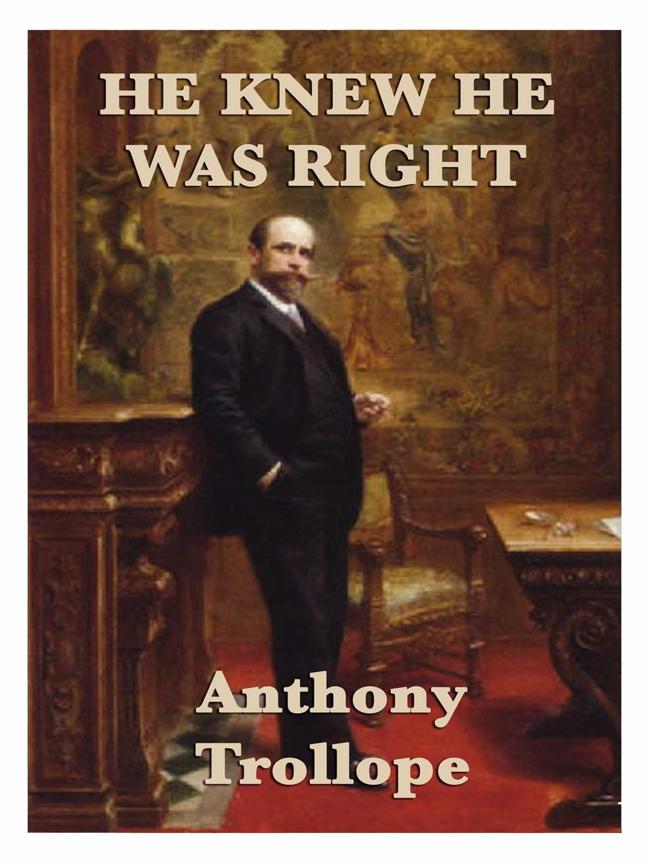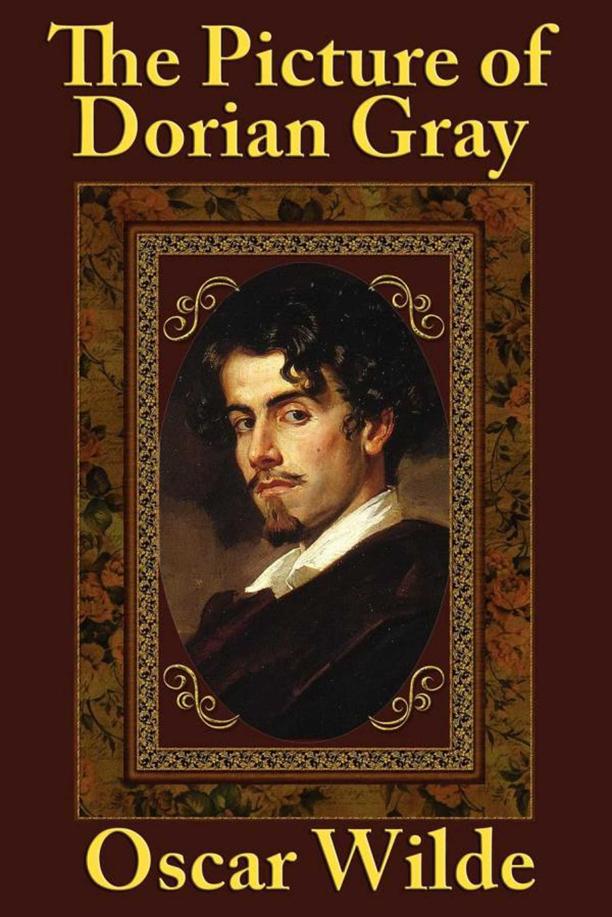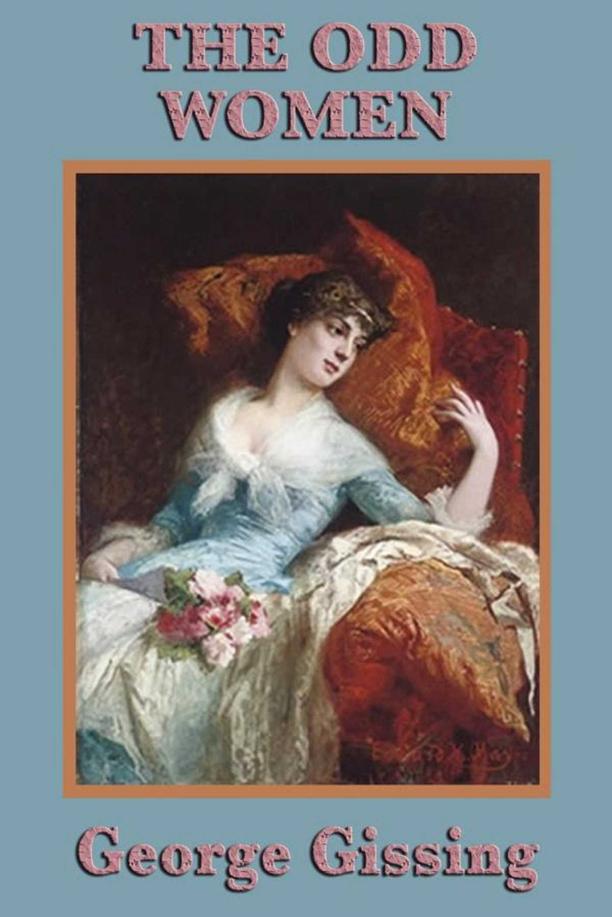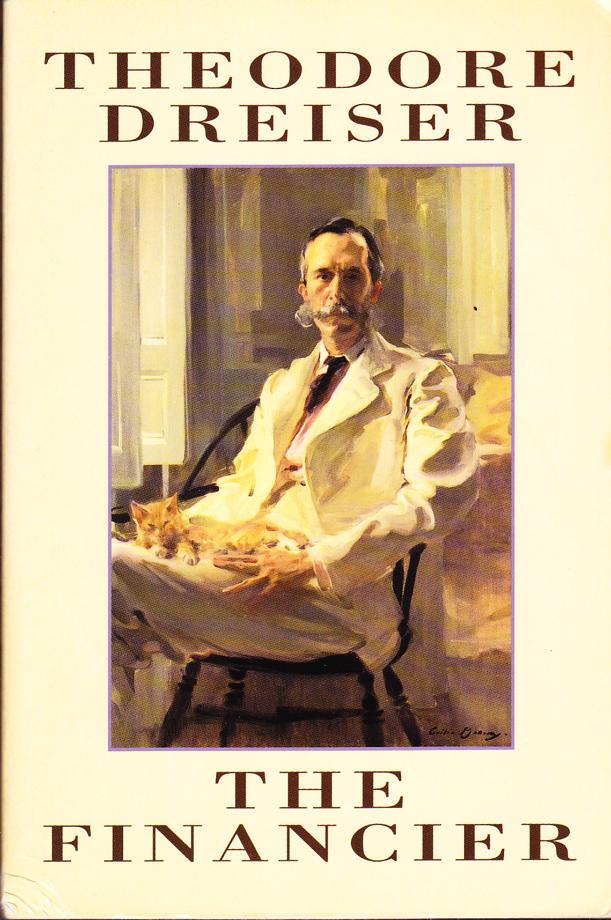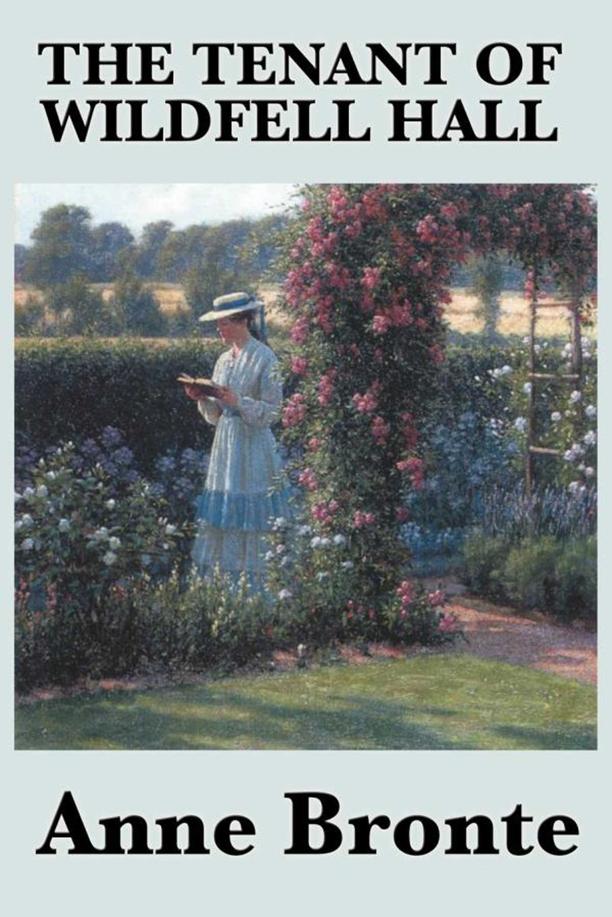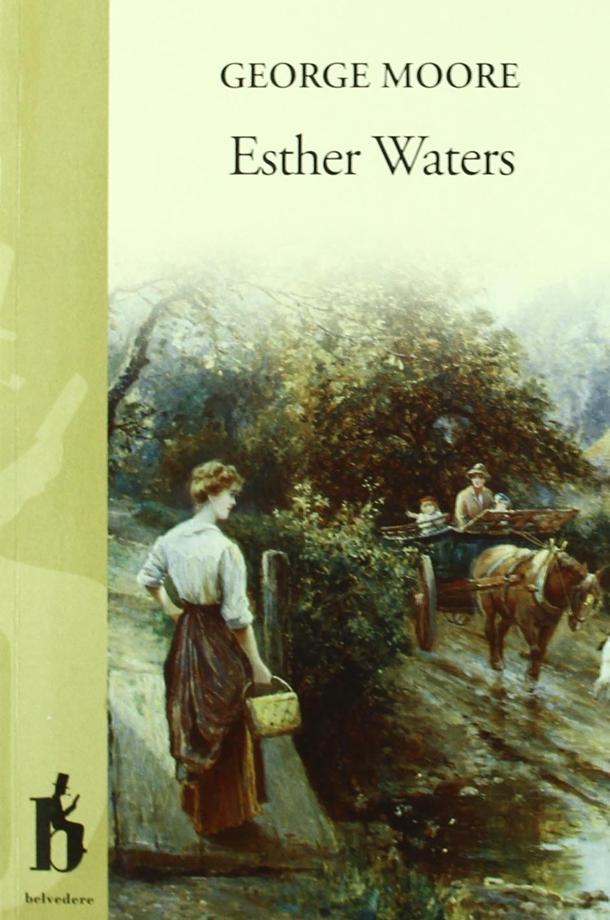On Sunday night, Starz is premiering an excellent four-part adaptation of E.M. Forster’s “Howards End.’’ It’s gorgeous, of course; Anglophile porn must contain gardens and elegant furniture. And it’s beautifully written, by Kenneth Lonergan, with an “only connect’’ speech that is thoroughly wise and wonderful.
But it’s also surprisingly relevant, as it negotiates the collisions of different classes of people — a poor couple, two liberal intellectual sisters, and a stubborn capitalist lacking in compassion. The production — as strong as the 1992 Merchant-Ivory adaptation, but given more time to add depth — got me thinking about which other classic novels might inspire a relevant TV adaptation at this moment in time. I suspect the makers of the upcoming “Catch-22’’ miniseries starring George Clooney and Hugh Laurie are of the same mind. Most classics tell timeless truths about human nature, but beyond that, which ones are particularly suited for the way we live now?
The very first book that came to mind is by the author of “The Way We Live Now,’’ which itself is remarkably contemporary in its themes of the very rich and the very poor and which was given a superior four-part adaptation by PBS in 2001. Anthony Trollope has written so many fine novels that are ripe for TV’s picking, and I think “He Knew He Was Right’’ from 1869 is one of them. It’s a portrait of toxic masculinity in its purest form, as Louis Trevelyan becomes irrationally convinced that his wife is having an inappropriate relationship with another man. A 2004 adaptation didn’t click, but perhaps a new one would in the era of mansplaining.
I am longing for a miniseries adaptation of Oscar Wilde’s “The Picture of Dorian Gray,’’ his only novel. Many of us already know the story, in which the beautiful Dorian sells his soul to stay young, while a portrait of him ages and bears the effects of his cruelty. On one level, it’s an entertaining critique of devotion to the superficial, which is as timely as ever. On another level, the story can be read as a warning about social media, about the way we present ourselves versus who we really are — that more accurate portrait we all keep hidden when we post. That picture of Dorian? It could have been a selfie.
If you haven’t read George Gissing, it’s time. He’s best known, perhaps, for “New Grub Street,’’ which takes an unblinking look at the literary life, art, and commerce. But I’m thinking that his 1893 novel “The Odd Women’’ might have more resonance right now. It’s about the role of women in society, and those who are “odd’’ instead of even, because they are single. One character, Rhoda Nunn, is an uncompromising intellectual and an early feminist who resists the bondage of marriage. She dreams of equality between the sexes, but her era doesn’t make that particularly doable. Does our era make a balanced partnership easier?
It’s not hard to imagine that a 1912 novel called “The Financier’’ might be applicable to our times. It’s the first in Theodore Dreiser’s “Trilogy of Desire,’’ and, as it portrays the perversion of the American Dream, it’s the best of the three. The book is about broker Frank Cowperwood, a tycoon in the making, who is dishonest and manipulative in his hunger to acquire money and power. His corrupt deals with politicians and his extramarital relationship paint a picture of shameless greed and ego. When the stock market crashes, he becomes a symbol of what went wrong — but don’t think that will permanently harm his career. Hey, if the miniseries is a success, the producers can move on to “The Titan’’ and “The Stoic.’’ They can also have a go at “Jennie Gerhardt,’’ one of Dreiser’s lesser-known beauties.
As the opioid epidemic continues unabated, “The Tenant of Wildfell Hall’’ could have extra significance. Anne Bronte’s 1848 novel follows Helen Huntingdon into and out of the horrors — and there are many pages of horrors — of living with a self-centered alcoholic. Ultimately, Helen is unwilling to stand by her man, despite social expectations and laws, especially when his toxicity may infect their son. Her decision to leave makes her controversial and, by today’s standards, empowered. There have been two TV adaptations, so why not a third, made with a full appreciation of and respect for Helen’s autonomy and feminist inclinations?
Slut-shaming isn’t new, even if the phrase is. Many women in literature have been lured by lies into sex without marriage, and they are then branded loose, fallen women. “Esther Waters,’’ the 1894 novel by George Moore, is a tender portrait of an illiterate but strong woman who must live with the fallen stigma after she bears a child out of wedlock. Watching her make her way, despite the fact that she has everything going against her — including a system very unfriendly to single mothers — is moving. She is ordinary, and she is heroic.
Matthew Gilbert can be reached at gilbert@globe.com. Follow him on Twitter @MatthewGilbert.


